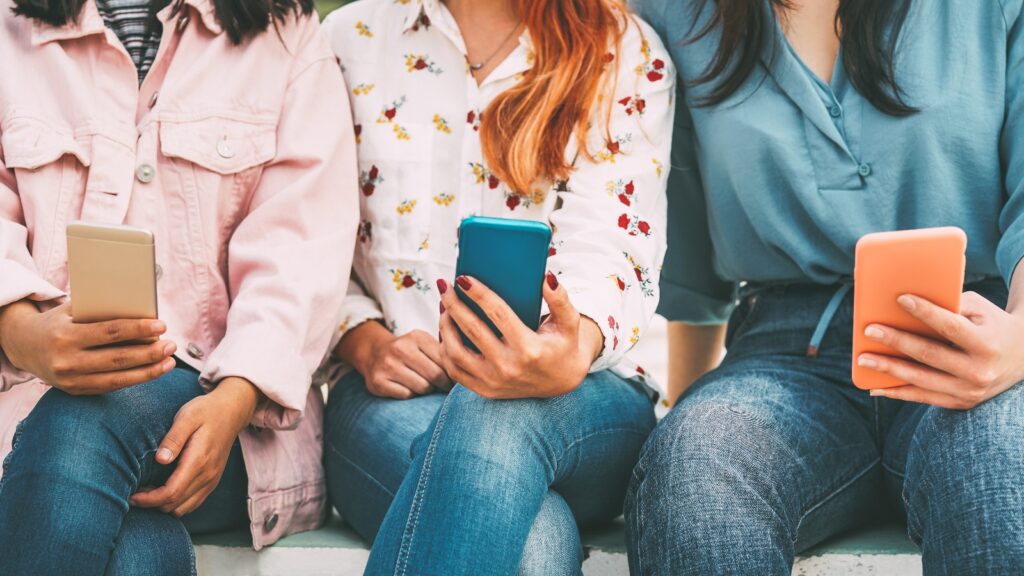iStockphoto / Alessandro Biascioli
A new study on Digital Content Creators from the United Nations Educational, Scientific and Cultural Organization (UNESCO) has found that the majority of social media influencers are regularly sharing content without ever fact-checking it beforehand. The fascinating study looked at the underlying reasons of why influencers might share content and how they believe they are perceived.
Interestingly, the study found that ‘popularity’ was the most common indicator of credibility. That makes sense on a surface level, for sure. It is almost as if social media is crowd sourcing what it believes to be credible by likes and shares but what happens if bad actors get involved and artificially inflate those numbers to feign a sense of credibility? And what happens if an algorithm that rewards engagement amplifies something that is fake but people see lots of likes/shares and presume it to be credible?
The new study from UNESCO came in the from of a survey of 500 content creators/influencers from 45 countries. Some key finds are many influencers get into digital content creation for the money… 23.8% of respondents said it was about income. 26% of influencers said they built up their following on social media to ‘share knowledge with others’ which seems… questionable at best.
Another thing the survey found was 41.7% of respondents said that the “number of likes and views of online content” was the primary factor to evaluate credibility of online sources. Only 19.4% of respondents said the original source’s expertise and reputation on the subject matter was the primary reason for evaluating credibility.
Among influencers, 62% said they share content to their thousands/millions of followers without fact checking it. That’s a clear majority of influencers, worldwide, sharing/re-sharing content without ever verifying the accuracy of the information for themselves. Truly, how many are going to re-share this news without ever fact checking it for themselves?
I cannot tell you the number of times people in my life have sent me something via Instagram or TikTok and asked if it was real only for me to take a look and seen that it was obviously fake without ever having to look it up. Media literacy is at an all-time low and influencers are, according to these findings, only pouring gasoline on the flames.
We came across this yesterday when Universal Pictures revealed the Wicked co-stars Ariana Grande and Cynthia Erivo were paid the same despite numerous influencers piling on with lies of a $15M vs $1M pay gap.
With that in mind, the study also found that an astounding 68.7% of social media influencers (many of whom aren’t fact-checking) “believe they promote critical thinking and digital literacy among their audiences” which is clearly not the case if the overwhelming majority of social media influencers are sharing content without ever fact-checking it.
Practice what you preach!

